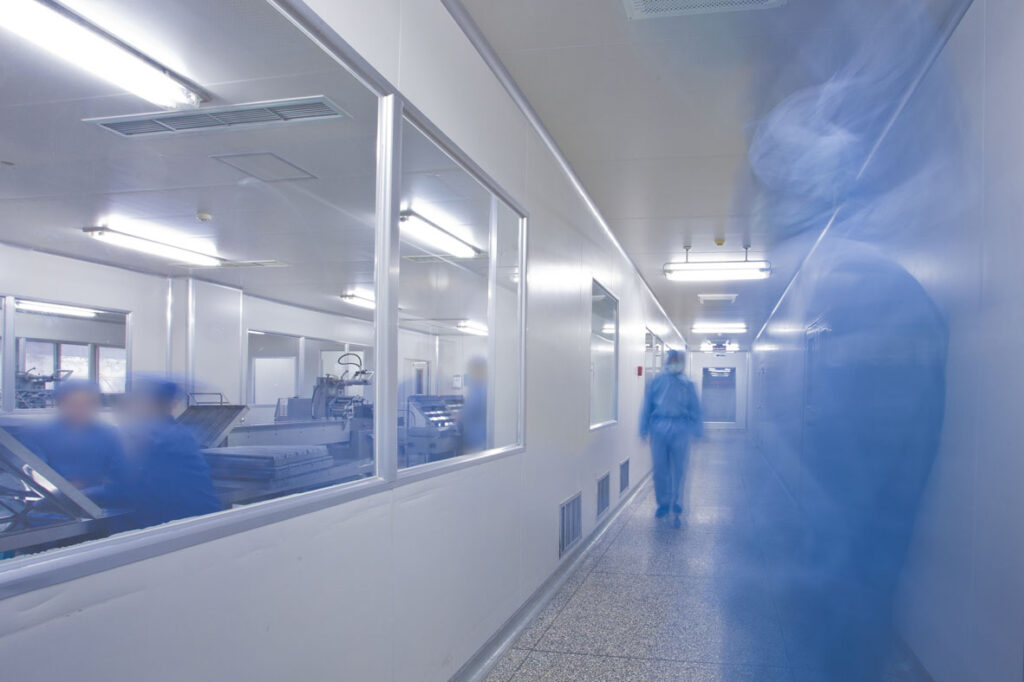What to Do if You Receive Incorrect Medical Treatment

While hospital negligence claims are mercifully rare in the UK, some 12,629 clinical claims were made against the NHS through 2020/21.
To provide some context, this represents a 133% increase in the 14 years since 2006/07, when the number was as low as 5,426.
Of course, this is largely down to the relative lack of investment in the NHS (in real terms at least) and the recent strain created by the coronavirus pandemic. But what steps can you take in instances where you receive incorrect medical treatment?
Becoming Aware of Hospital Negligence and the First Steps
If you’re unfortunate enough to have someone who has spent an extended amount of time under the care of a medical professional, you may have noticed their condition worsen.
This may simply be due to the progression of a disease or ailment, but there are occasions where it could be the result of incorrect or inadequate treatment being administered by a healthcare professional.
This could take numerous forms, from misdiagnosis and the deployment of incorrect treatment to wrong doses being administered to the patient.
But what should you do in this instance? Well, your first port of call should be to keep track of your loved one’s condition and the deterioration of their physical or mental wellbeing, while also logging the treatment that’s being administered and the recommended doses of particular drugs.
Collating and Checking Medical Records
At this stage, you’ll need to collate and review the patient’s medical records, at least for the period during which they’ve been treated for a particular condition.
Once again, your goal here is to track the patient’s treatment from the point of diagnosis, reviewing the treatment that has subsequently been recommended and the dosages applied.
We’d recommend looking for any changes in drug use or dosage, particularly around the time that your loved one’s condition began to worsen. Similarly, look for any changes in care around the same time, particularly if the patient moved to a new area and was treated by a different hospital trust.
Identifying Hospital Negligence and Getting in Touch with a Professional
If you or a loved one has received incorrect treatment due to hospital negligence, the next step is to determine whether or not this can be proven.
More specifically, you’ll need to be able to demonstrate the patient’s condition and how this has worsened over time, while proving that this is directly the result of hospital and clinical negligence rather than a simple case of nature taking its course.
The key to remember here is that doctors and qualified healthcare professionals have a duty of care to deliver the best possible treatment to their patients. If they fail to meet this standard (either through a lack of effort or incompetence), you can make a viable claim for compensation.
To help with this process, you should get in touch with a professional law firm that specialises in handing clinical negligence claims.
This way, you can rely on expert guidance to help you review medical records and determine the viability of your claim, while ensuring that you negotiate the best possible settlement either in or out of court.




